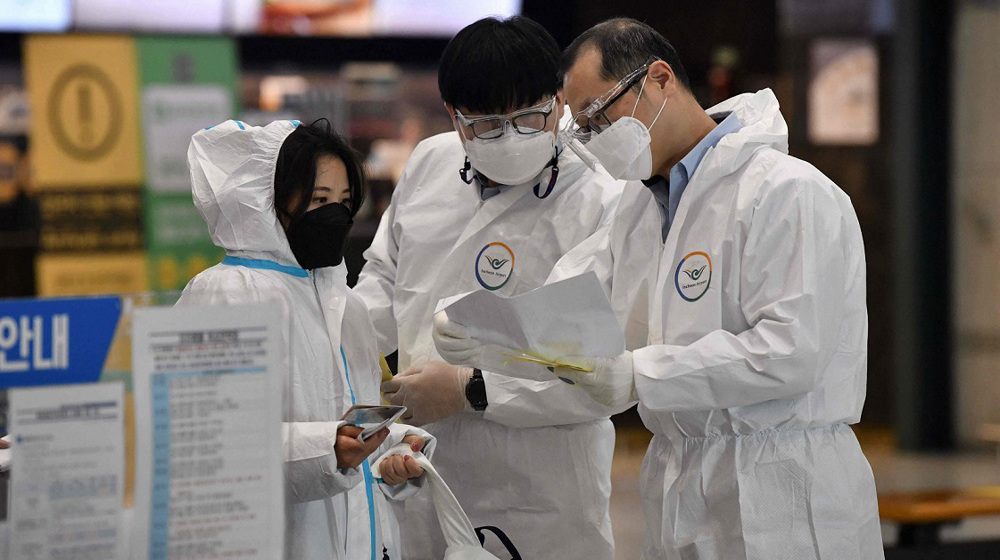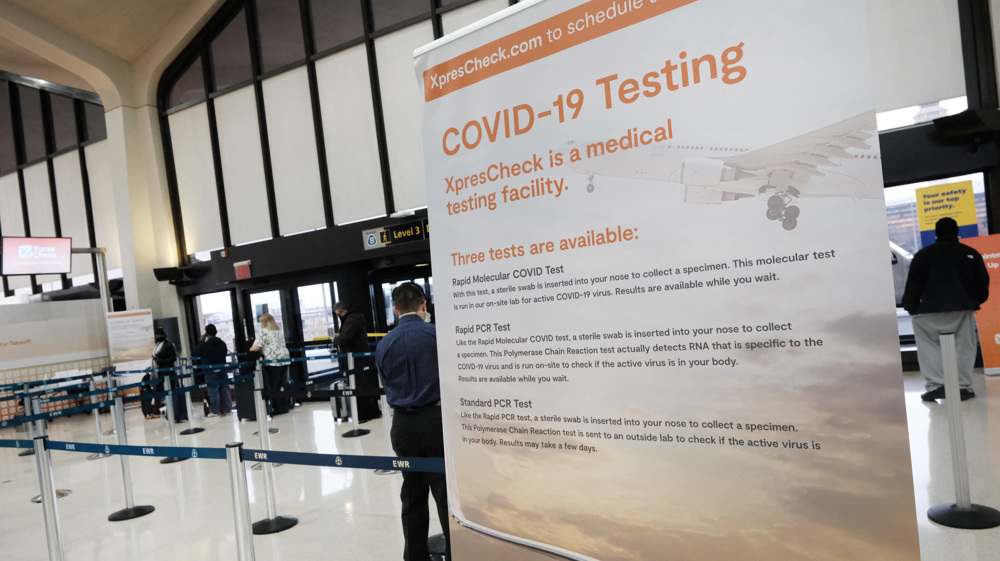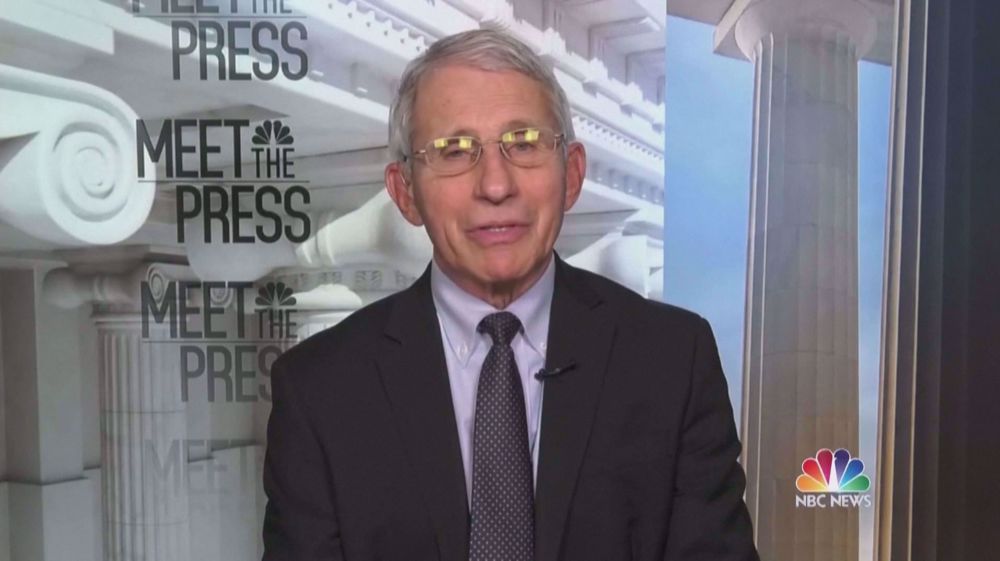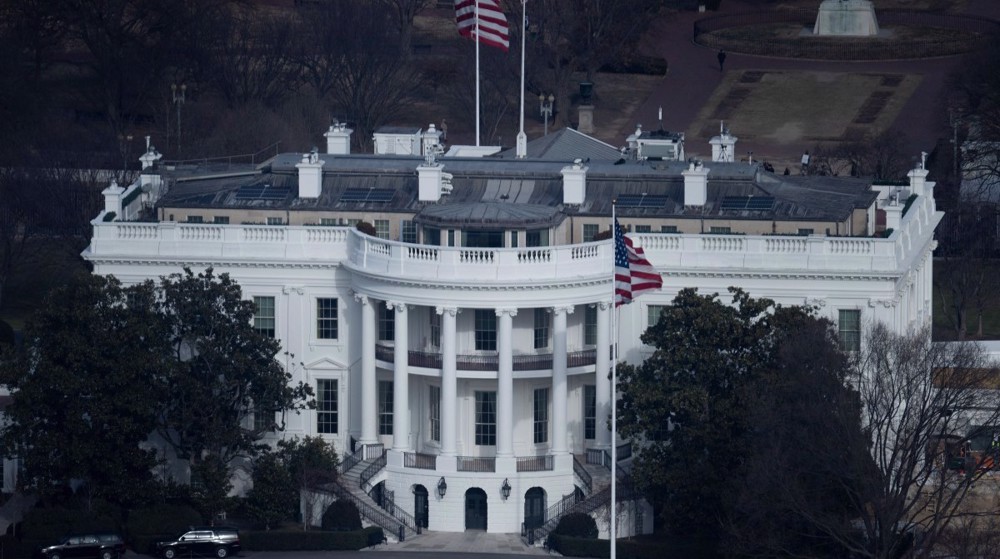Omicron ‘ultimate evidence’ of danger of unequal vaccination across world: Red Cross
The emergence of the Omicron variant of the coronavirus is the “ultimate evidence” of the danger of unequal vaccination rates around the world, the head of the Red Cross said on Friday.
"The scientific community has warned the international community on several occasions about the risks of very new variants in places where there is a very low rate of vaccinations," Francesco Rocca, the president of the International Federation of Red Cross and Red Crescent Societies, told AFP in an interview in Moscow.
About 65 percent of people in high-income countries have had at least one dose of vaccine against the coronavirus, but just over seven percent in low-income countries, UN numbers show.
Western countries have been accused of hoarding vaccines and the WHO has urged them to avoid a rush to give out booster shots when millions worldwide have yet to receive a single dose.
"This is a selfish approach coming from the Western community, this is really a blind approach," Rocca said.
"It's unbelievable that we are still not realizing how much we are interconnected. This is why I call the Omicron variant the ultimate evidence."
Omicron, a heavily mutated version of the coronavirus, was first reported in South Africa on November 24 and is now present in more than two dozen countries.
It has sparked a wave of travel bans, cast the global economic recovery into doubt and led to warnings that it could cause more than half of Europe's Covid cases in the next few months.
"It is essential and vital to identify new solutions, to find an end to the pandemic, and the only way is to vaccinate, so access for everyone, everywhere," Rocca said.
One option, he said, is suspending intellectual property rights for Covid-19 vaccines in order to boost production.
The idea has met with fierce opposition from pharmaceutical giants and their host countries, which insist patents are not the main roadblocks to scaling up production and warn the move could hamper innovation.
"It's a moral imperative. I'm not naive. I know that there are the pharmaceutical companies that are protecting their patents," Rocca said.
"The other side of the coin is that governments invested billions... in research. So I think it is immoral what is happening around the patents."
The IFRC, one of the world's largest humanitarian networks, supports local Red Cross and Red Crescent activities in 192 countries.
(Source: AFP)
Experts slam ‘scientifically reckless’ US withdrawal from WHO
Recent US military actions signal return to ‘predatory colonialism’: UN rapporteur
‘Confused clowns’: Iran FM blasts Zelensky over call for aggression on Iran
Trump disinvites Canada from Gaza board after PM Carney’s critique of US
Iranian students rally to condemn Germany's backing for rioters
Enemies of Ummah seek to expand war, Pezeshkian tells Erdogan
VIDEO | Press TV's news headlines
VIDEO | New wave of Israeli strikes on Lebanon as US suspends ceasefire mechanism












 This makes it easy to access the Press TV website
This makes it easy to access the Press TV website